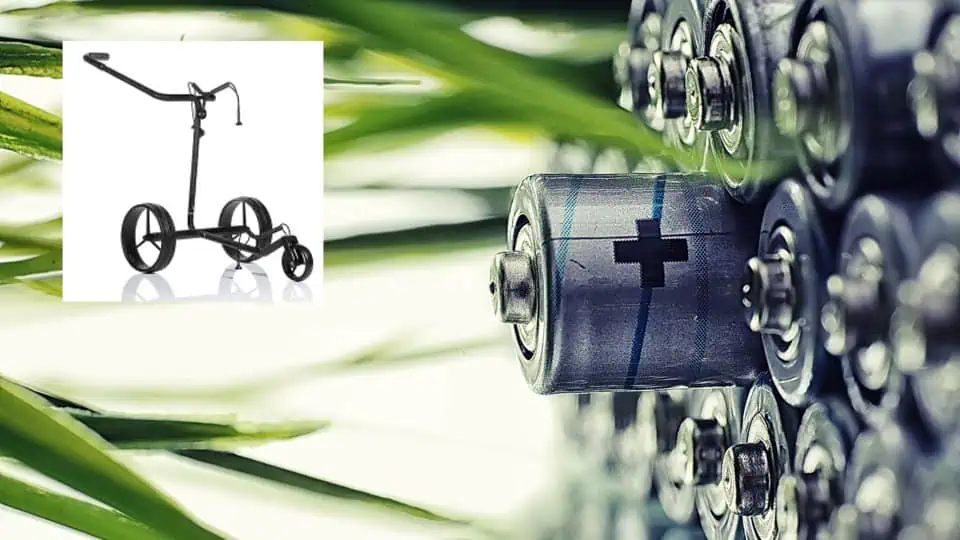New battery law – what does it mean for golf batteries?
Is the battery in your trolley dying? A new electric trolley is the first purchase before the new season, but what happens to the old battery? Simply throwing it away is definitely not an option. In November 2024, the German government passed amendments to the national battery law to implement the new EU Battery Regulation (EU-BattVO). This regulation is aimed at sustainable battery management along the entire value chain and considers batteries over their entire life cycle for the first time.
Improving the recycling of used batteries
From now on, golfers can hand in their old batteries at recycling centres. The draft law allows consumers to return batteries from e-bikes or e-scooters – as well as electric golf trolleys/carts – to municipal recycling centres and waste portable batteries. In addition, the existing disposal structures for waste portable batteries are to be extended to other battery types. The new Battery Implementation Act (BattDG) is intended to replace the previous Batteries Act (BattG) and define the responsibilities and powers within the framework of the EU Batteries Regulation. It is due to come into force on August 18, 2025. Before this, the Bundesrat and Bundestag must approve the draft law. The new regulation aims to promote the separate collection and high-quality recycling of waste batteries and strengthen producer responsibility for all batteries.
Subscribe to our newsletter!
News & trends about sustainability in golf
For the golf industry, this applies in particular to distance measuring devices and electric trolleys and carts. What are the manufacturers of electric trolleys doing to encourage the return of batteries? The bad news first: free return shipping of batteries is not offered. Manufacturers such as the traditional brand Kiffe (Bensheim) point out in connection with the sale of batteries or the delivery of devices containing batteries that end users (golfers) are legally obliged to return used batteries as end users. “You can return used batteries, which we carry or have carried as new batteries in our range, free of charge to our dispatch warehouse.”
Industry leader JuCad (Limburg) also advertises an attractive battery replacement offer and warns against the use of third-party batteries and repair and maintenance by unauthorized third-party manufacturers and providers. They also state that Powerpacks are certified in accordance with the UN transport test BU-202100303-B1 and comply with all legal transport and safety regulations, but that they also offer collection by their parcel service for a fee on request. However, the golfer then pays for this. In both cases, the cheaper option is to drop them off at the recycling centre around the corner. Here, the disposal of used batteries from light means of transport such as e-bikes and e-scooters (including recycling centers) should be made even easier.
However, Germany is already one of the frontrunners in the EU when it comes to battery collection. It has a collection rate of 50% for used batteries from electrical appliances. This rate is higher than the current requirements of the EU Battery Regulation (source: BMUV). Another reason for the reform of the Battery Act was the increased use of lithium-ion batteries. These batteries can easily self-ignite if damaged. To counteract this acute problem, in addition to the European regulations on the removability of batteries from electrical appliances, the return of collected waste batteries to manufacturers is to be simplified. Manufacturers can set up and operate their own producer responsibility organizations for this purpose, or they can participate in an existing organization.







